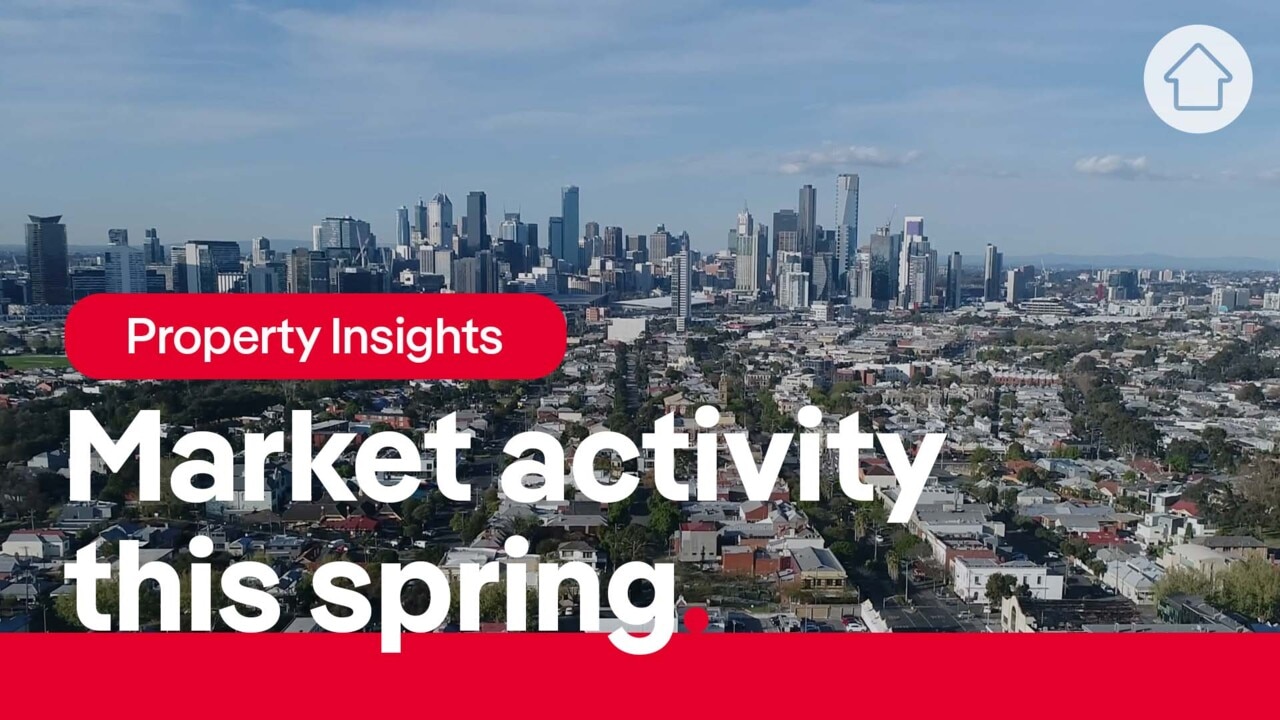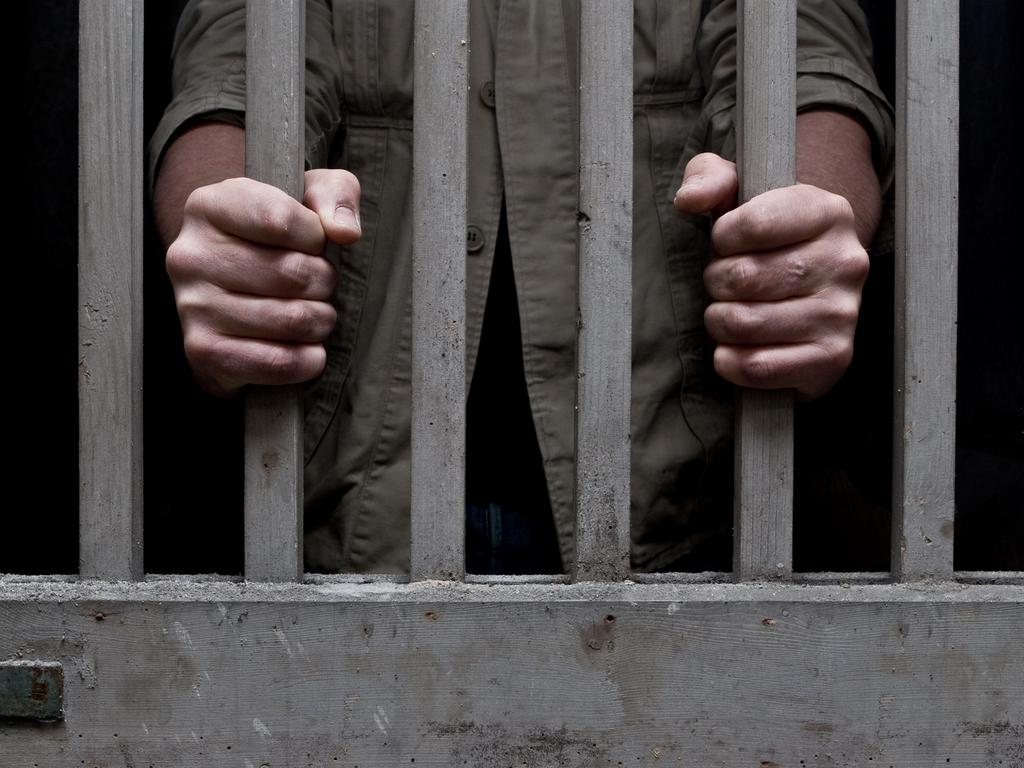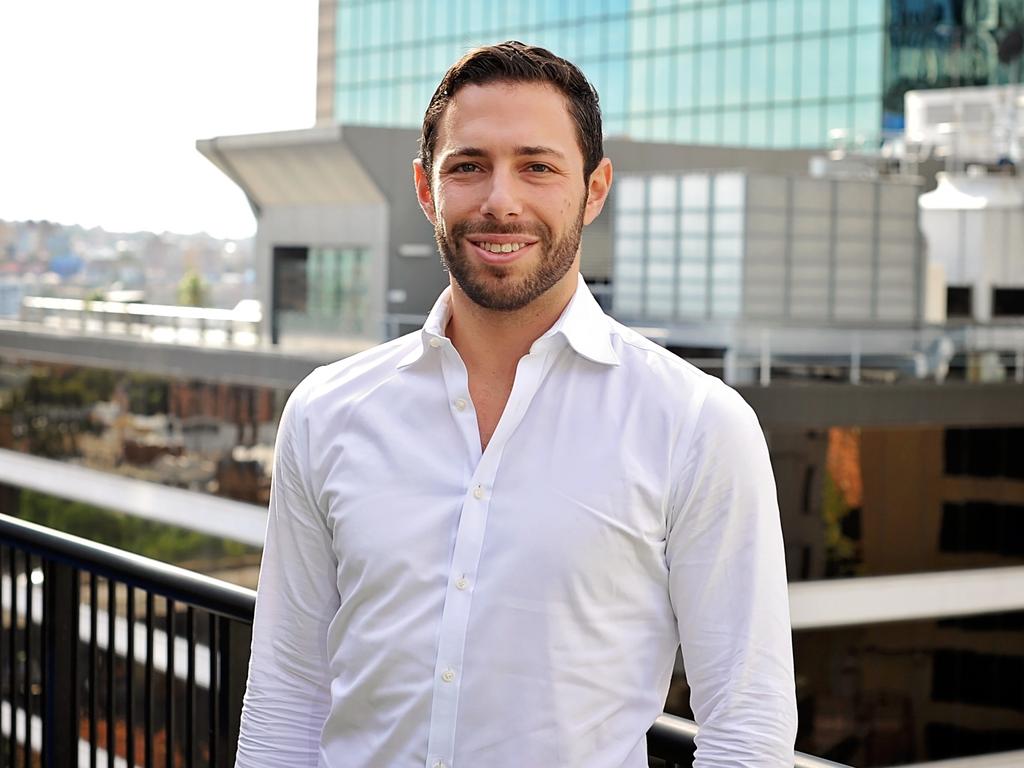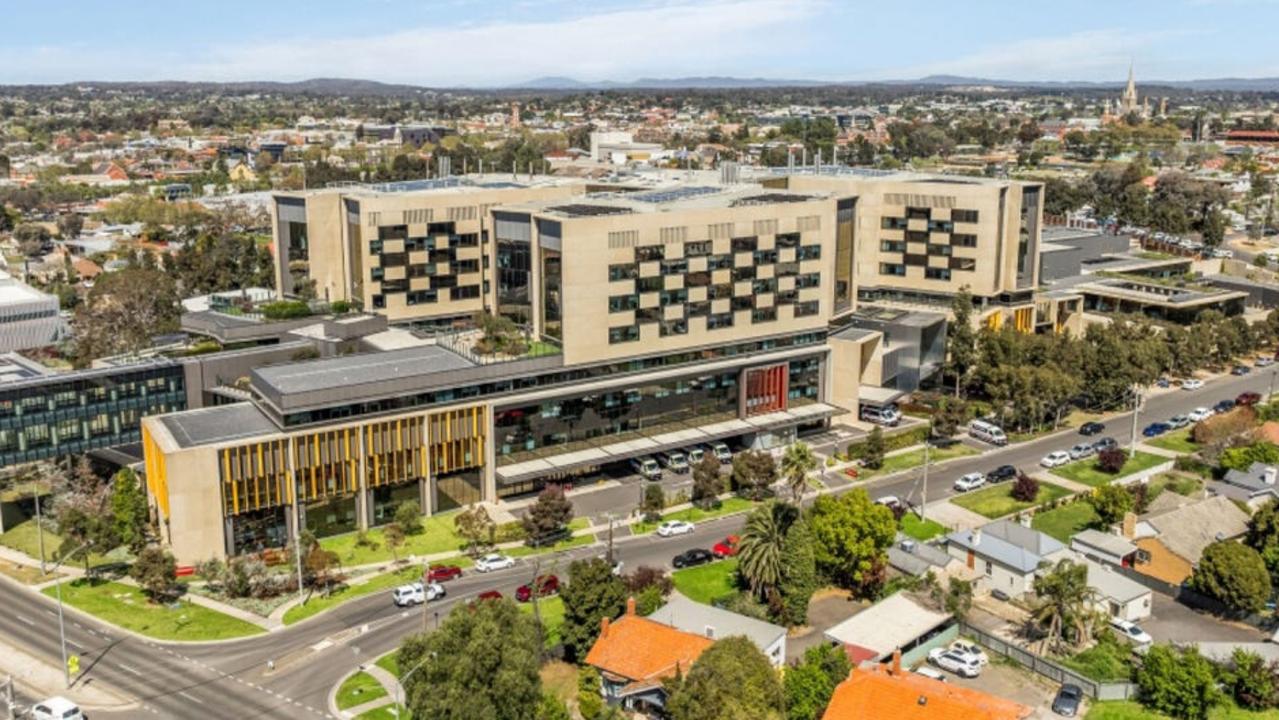Interest rates Australia: Homeowners become ‘mortgage prisoners’ after rate rises
Experts are warning a growing number of homeowners are being locked in a ‘mortgage prison’ due to the RBA massive interest rate rises.

A growing number of Australians are facing “mortgage prison” whereby they are unable to refinance their home loans following recent hikes from the Reserve Bank.
Despite being hit with hundreds more in loan repayments each month, borrowers who purchased when interest rates were at record lows are being told they don’t have the borrowing capacity needed to refinance to a better rate.

This comes as 60 per cent of mortgage holders report being in financial stress.
From May to October the official cash rate was hiked a cumulative 2.5 per cent, equal to the assessment buffer used by banks up until November last year to determine whether borrowers could afford their mortgage repayments if interest rates went up.
MORE: Trap snaring one third of first home buyers
Value of homes in every suburb revealed
With economists forecasting a further 100 basis point increase by February, mortgage holders already at capacity are facing a dire situation, with savings or a pay rise the only prospect out of the red.

Data from comparison site Mozo found three in five mortgage holders were under financial stress because of rising interest rates, with one in three claiming this would become severe if their interest rate rose to between 5 and 7 per cent.
The average variable rate is set to hit 5.26 per cent following the October hike.
Mozo Personal Finance Expert Claire Frawley said banks had been quick to announce they were passing on the latest rise.
“In the last six months households have been hit hard,” Ms Frawley said.
“Rising interest rates have caused mortgages to increase by hundreds of dollars, making people rethink their financial decisions.”
“Those with a variable interest rate of 5.26 per cent will be paying $2,996 a month in repayments for a $500,000 loan.”

Compare Club Home Loan Expert Broker Sophie Matthews said the RBA’s 25 basis point increase had taken some mortgage holders to full borrowing capacity.
She said a further 25 basis point increase would make it “nearly impossible to refinance” for borrowers already at their max.
“Then loans will technically be beyond what that homeowner can afford,” she said.
“This is what’s known as being in a ‘mortgage prison’.”
CEO of Sydney brokerage Shore Financial Theo Chambers said about 30 to 40 per cent of the firm’s clients looking to refinance were becoming stuck.
He said the majority of home loan customers borrow at their maximum borrowing power based on the lender’s assessment, which include various forms of income discounting as well as an interest rate buffer or floor rate.

“There’s quite a lot of people that want to look at refinancing and if they borrowed at their max borrowing power a year or two ago they can’t service a refinance because the assessment rate is now much higher than what they were assessed at,” Mr Chambers said.
He said while the risk of mortgage prison was real for a growing number of households as interest rates continued to climb, it mainly applied to those who borrowed at their max in the past two years.
“People who borrowed at their max need to wait until their financial circumstances improves; they pay down their debt, get a pay rise or a combination of the two,” he said.
He said those whose fixed rate terms were due to expire in the next two years were facing double if not triple the interest rate.

Those with a split loan were already paying two to three times more for the variable rate portion than they were for the fixed rate.
He said many clients were anxious about the rising costs.
“I do feel like there is some unprecedented panic,” he said.
Borrowers are also being stung with loyalty tax, he said, with many lenders increasing their variable rates for existing customers at a higher rate than the RBA increases.
“I’ve fallen off my chair looking at some of the rates my clients are on,” he said.
Mr Chambers said a further one per cent hike to the cash rate would equate to a roughly 10 per cent reduction in borrowing capacity.

Lendi Group CEO David Hyman said the risk of being unable to refinance increased as interest rates rose.
“As rates go up people’s ability to borrow will definitely go down because the buffer rate that is used for servicing will continue to increase,” Mr Hyman said.
Falling property prices were adding to this risk, with those who purchased at the peak of the boom potentially facing negative equity.
He said those who purchased with a 20 per cent deposit could find themselves needing to pay Lenders Mortgage Insurance (LMI) when refinancing as a loss of equity could push their Loan to Value Ratio (LVR) over the 80 per cent threshold.

“There won’t be many scenarios where the cost of the LMI will be offset by the savings (from refinancing),” he said.
“If you’re at 90 per cent LVR on a $500,000 loan, the LMI will be in some cases tens of thousands of dollars, whereas your benefit for refinancing might only be a couple of thousand dollars a year.”
He said some lenders had recently introduced new dollar for dollar refinance products that enabled a borrower to switch from another bank without doing a full serviceability check.

This meant as long as the borrower wasn’t in duress and had paid their bills on time, they could be approved for a refinance without needing to prove they could service the assessment rate, which consists of the interest rate plus a three per cent buffer, or the bank’s “floor rate” – whichever of the two is higher.
“Not all lenders offer these dollar for dollar refi products but they are becoming more and more popular,” he said.
“We recommend that customers speak with a mortgage broker.”
MORE: ‘Free’ Teslas to come with new Sydney homes
Sydney’s latest $100m home sale
Why Charles must now pay rent to Prince William
Originally published as Interest rates Australia: Homeowners become ‘mortgage prisoners’ after rate rises



